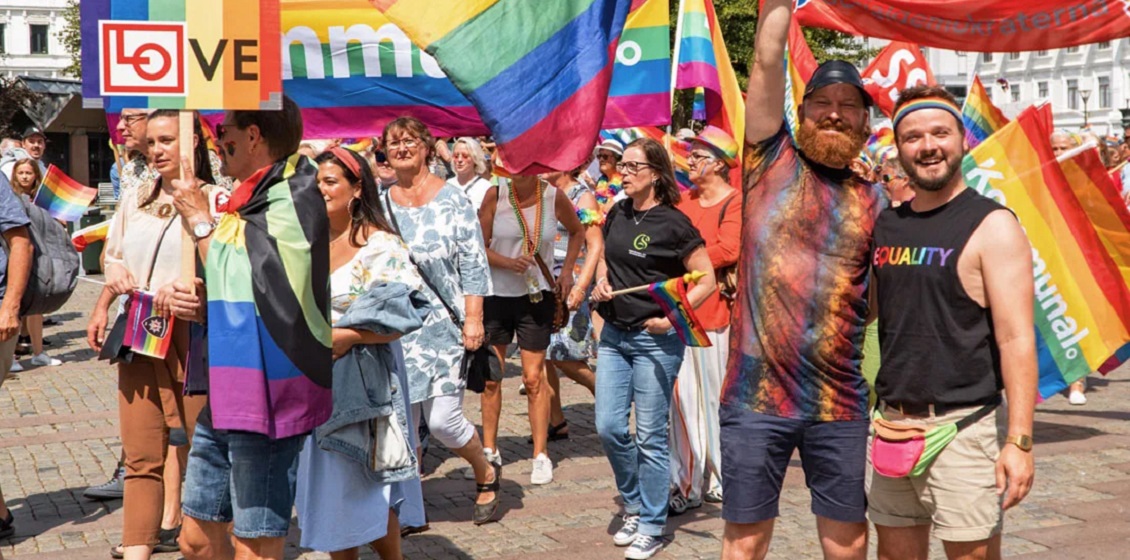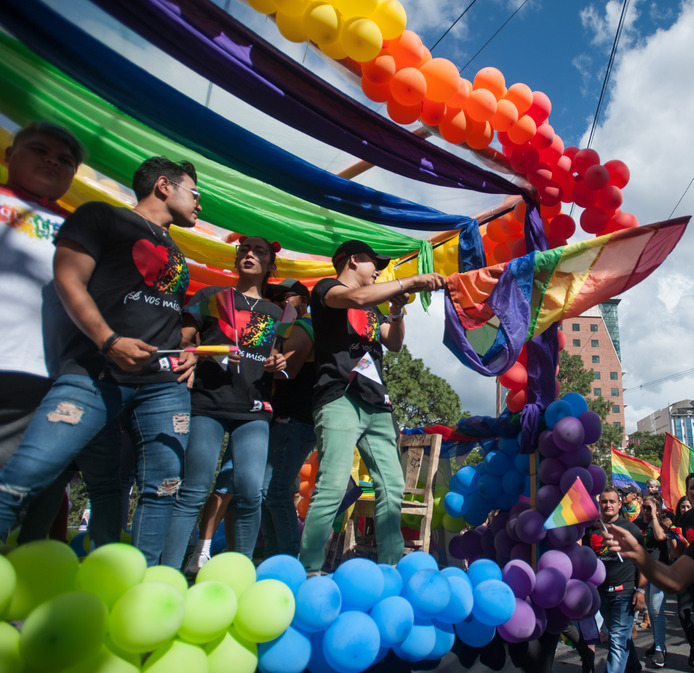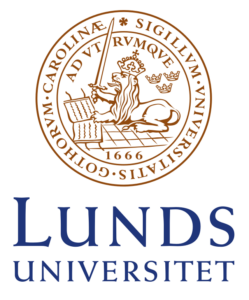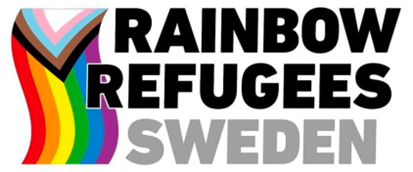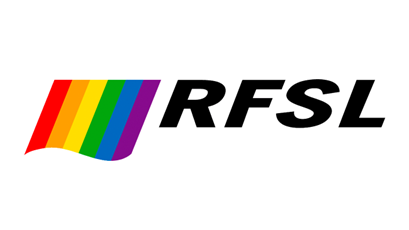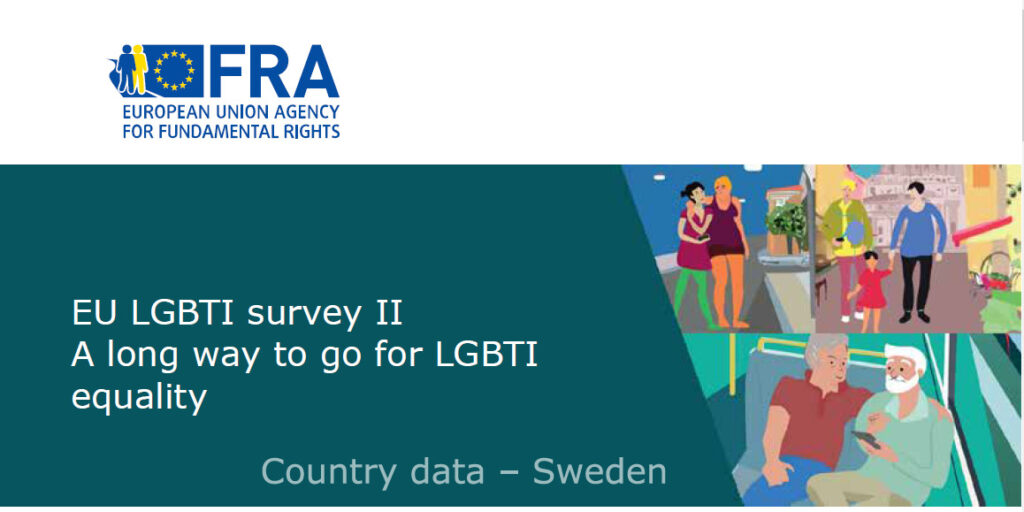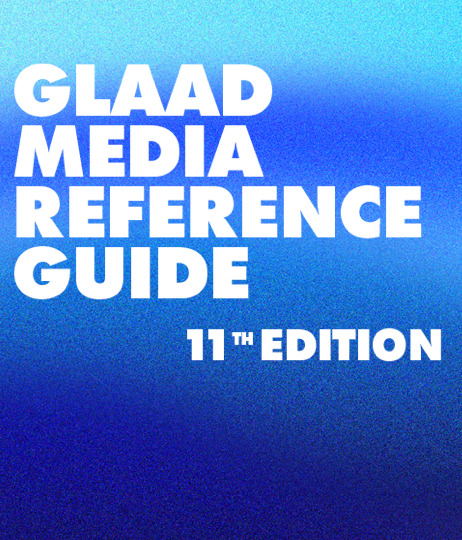Guatemala and Sweden have significantly different approaches to LGBTQ+ rights and Pride celebrations. By comparing and contrasting Prides in Malmö and Guatemala City, this article examines the nuances and challenges faced by the queer community within their respective cultural and social contexts in these countries, linking it to the personal experiences of Diego Manrique, a Guatemalan queer student living in Sweden.
LGBTQ+ rights and equality status in Guatemala
Queer individuals in Guatemala face prejudice and violence on a daily basis as a result of repeated violations of their legal rights. The country’s penal code does not prohibit threats or hate crimes based on sexual orientation or gender identity. In fact, equal marriage is not yet recognised in the country, and same-sex couples do not have the same rights as heterosexual couples, for instance in joint adoption. In addition to this, transsexual people encounter challenges in getting legal papers that represent their gender identification.
Nevertheless, activism against LGBTQ+ phobia exists reflected in certain organisations and groups of the LGBTQ+ community in the country, which organise and are part of the Guatemalan Pride march that is held annually. This celebration, which began in 2000 and has grown in size and scope since then, has become one of the largest LGBTQ+ pride marches in Central America. During the event, people march through the city streets with flags and banners to highlight sexual and gender diversity and to demand equal rights. Apart from the march, there are also cultural, artistic, and educational events such as seminars, film screenings, and performances. Thus, Guatemalan Pride provides a chance for LGBTQ+ people and their supporters to unite in solidarity, as well as to promote inclusion and equality in Guatemalan society. However, it is crucial to highlight that Guatemalan Pride has also been the target of controversy and threats from conservative and religious organisations opposed to the LGBTQ+ community’s visibility and rights. Despite this, the Pride parade remains an essential time of empowerment and resistance for Guatemala’s LGBTQ+ population.
Meeting Diego
Diego Manrique is a 27-year-old Guatemalan student residing in Sweden who studies a Master of Science in Development Studies at Lund University. Diego identifies as a gay man and his pronouns are he/him. As a gay person, Diego has witnessed his country’s homophobic societal reality when it comes to expressing one’s sexual orientation and queer identity in a comfortable and everyday manner: “In terms of physical security, I didn’t necessarily feel in danger [in Guatemala]. I mean, in general, you do feel in danger but because of crime. […] However, you question simple things like holding someone’s hand or kissing someone… It can be a big problem, especially in private spaces that seem public since there exist homophobic [social] rules. […] All of this is always present there, […] you always have it in your mind.”
“On the other hand, here [Sweden]… Here it is the opposite thing. I feel more free to be me, let’s say without thinking much about it. I don’t know if people are more accepting up to a point or they are simply very tolerant and even if they are not okay with it, they don’t pry into anyone else’s private life. […] The perception of security that I have here is much greater. Here, I rarely feel in danger or afraid. […] There [in Guatemala], it was much more constant [the feeling of danger]”, Diego affirms.
Contrasting Pride Celebrations: Malmö vs. Guatemala City
Diego has attended both the Malmö Pride parade in Sweden and the Guatemala Pride event. He saw substantial distinctions in the nature of the two events, which are influenced by their respective countries’ political and social situations. As Diego pointed out, Malmö Pride is hosted in a city in Sweden, a country known for being extremely progressive when it comes to the safeguards of LGBTQ+ rights, which is mirrored in the joyful and cultural focus of its Pride event. He also observed that the parade drew a very diverse crowd, including families, older individuals, and people from all over the world: “Let’s say that [LGBTQ+ people] are much more accepted in some way here. […] Here you could see [during the Pride parade] entire families, older people over 60 or 70 years old, couples, just a lot of people. Malmö is small compared to most of the cities where there is Pride in the world and [besides that], Malmö Pride is the biggest one here in the south of Sweden and you can see people from all over the world [attending]”.
As a result of the ongoing struggles for LGBTQ+ rights and the discrimination and violence faced by queer individuals in Guatemala, the Pride event takes a more activist and political approach, with demands for equal rights and educational and cultural activities to empower the LGBTQ+ community in the country. Diego analyses these contrasts: “Actually, the concept of Pride here [Sweden] is different. I mean, I think that in Guatemala and in Latin America it is very much a question of defending rights that are somehow already assumed here. It is like a different stage. There are issues [in Guatemala], such as the trans community, having indices of much greater violence than here, civil issues like equal marriage that is not possible. […] Basic rights are not present there while here, they have been assumed for a long time, so here it is much less political than it is there. There is a big difference”, confirms Diego, although it remains a political event at its core.
Moreover, Diego remarks the institutional differences between the two countries in terms of their engagement with the LGBTQ+ community: “What was particular [during Malmö Pride], was perhaps the diversity of actors involved, which is somewhat different from most countries in Latin America. They count on the police, the church, the fire brigade… I would say that they were the most prominent actors institutionally who were present. […] Then also, for better or for worse, there is a large presence of politicians from different political parties. It was just two months before the [Swedish national] elections, so they had a big interest in presenting themselves as open-minded, to get extra votes, etc… And well, in the end, even if it is very political in some way, it is also good they showed up. […] In Guatemala, you would never see, or at least I have never seen, any politician who participates as a representative of an institution in anything related to Pride”.
Navigating Challenges for the LGBTQ+ community in Sweden
While Sweden has made significant progress on LGBTQ+ rights, there are still challenges and struggles ahead. In fact, this progress does not mean that all people in Swedish society are equally inclusive and respectful of sexual and gender diversity. Actually, Swedish society, like other Western societies, is influenced by cultural norms and expectations that reinforce the idea that heterosexuality and cisgenderism are the norm. Deviating from this norm can be seen as “abnormal” or “strange”. Although these standards are increasingly being questioned and challenged by Swedish society, they still act as a cultural barrier that can prevent queer people from feeling fully integrated and accepted in the society.
According to a survey by the European Union Agency for Fundamental Rights in 2019, LGBTQ+ people are still more likely to be victims of discrimination and violence than the cisheterosexual population in the country. For instance, 42% of the respondents reported avoiding frequent displays of affection with their same-sex partner, and 32% of them felt that they had experienced discrimination in at least one area of life in the year prior to the study. These findings confirm that despite progress towards greater equality and acceptance have been made, discrimination against LGBTQ+ individuals remains a persistent issue in Sweden. Furthermore, although Sweden is a pioneering country in the protection of the rights of transsexual people, there are still struggles in this area. For instance, they face difficulties in accessing gender reassignment treatment, often having to wait long periods of time to receive specialised medical care. Additionally, in accordance with the aforementioned survey, one out of every five transsexual and intersexual people was physically or sexually assaulted, which was twice the incidence for other LGBTQ+ groups in Sweden.
During our conversation, Diego and I talk about our personal perceptions and experiences when it comes to analysing the current queer visibility in Copenhagen and Lund, the cities where we reside. Based on my experience and his discussion, it seems as though in Copenhagen there is somewhat more of a visible queer community and presence than in Lund and Malmö. However, we both agree that Scandinavian societies might have a tendency to be more heteronormative in the public eye than in other European places based on our personal observations. For instance, Diego stated, “I lived for a while in the south of France and there, let’s say, I saw a lot more of this [queer presence]: couples, in matters of clothing [there was] more [archetypal] queer trends… I don’t see them here or it’s harder for me to read these [queer] codes. […] In Lund and Malmö, which are very international cities and there are many people from all over, there is not much diversity in this sense”.
Despite Sweden’s progressive policy towards refugees and immigrants, discrimination and isolation still plague those who identify as LGBTQ+ and come from diverse backgrounds in the Scandinavian country. We reflected on how immigrant queer individuals may find it challenging to integrate into Swedish society due to the lack of queer presence in the public space: “When I talk to people here, it’s also a challenge to find other people belonging to the LGBTQ+ community. […] In the public space there is at least very little [queer] presence. In fact, there are no official spaces for the LGBTQ+ community [in Lund]. The spaces here seem to be very segregated and that is where this discrimination comes from. [Queer contacts] happen a bit in secret because obviously, if there are no common spaces, it is difficult for any kind of more organic integration to happen”, declares Diego.
In line with this, he also analysed the representation of immigrant communities who are also part of the LGBTQ+ community during the Malmö Pride parade: “There is always an overrepresentation of European white gay men, obviously because of the location, but that does not mean that there is not a large community of immigrants who are also gay men, for example […] who do not necessarily feel integrated”. Despite this, there exist organisations such as RFSL and Rainbow Refugees Sweden, who work with immigrants and are making efforts to include and support queer immigrant and refugee individuals in the LGBTQ+ Swedish community in events such as Pride.
The Long Road Ahead: Working Towards Full Equality and Acceptance
It is clear that LGBTQ+ rights and Pride celebrations are vastly different in Guatemala and Sweden. Despite these differences, it is important to recognize that both countries still have a long way to go in terms of achieving full equality and acceptance for LGBTQ+ individuals. Besides Sweden’s image of progressiveness, challenges still remain for queer individuals, especially those with an immigrant background, in terms of creating truly inclusive spaces. While there are legal protections in place, there is still a need for continued advocacy, visibility and education to combat discrimination and promote inclusivity. In Guatemala, the fight for legal recognition and social acceptance remains a pressing concern, and it is important for both local and international organisations to continue supporting LGBTQ+ activists in their efforts.
Ultimately, the experiences of queer individuals in both countries highlight the complexities and nuances of LGBTQ+ rights movements. It is only by recognising and addressing these challenges that societies can work towards building a more inclusive and accepting world system for all LGBTQ+ individuals, regardless of their country of origin or cultural context.
Daniel García Balsera is a M.Sc. student, Global Refugees Studies, Aalborg University, DDRN University Intern


